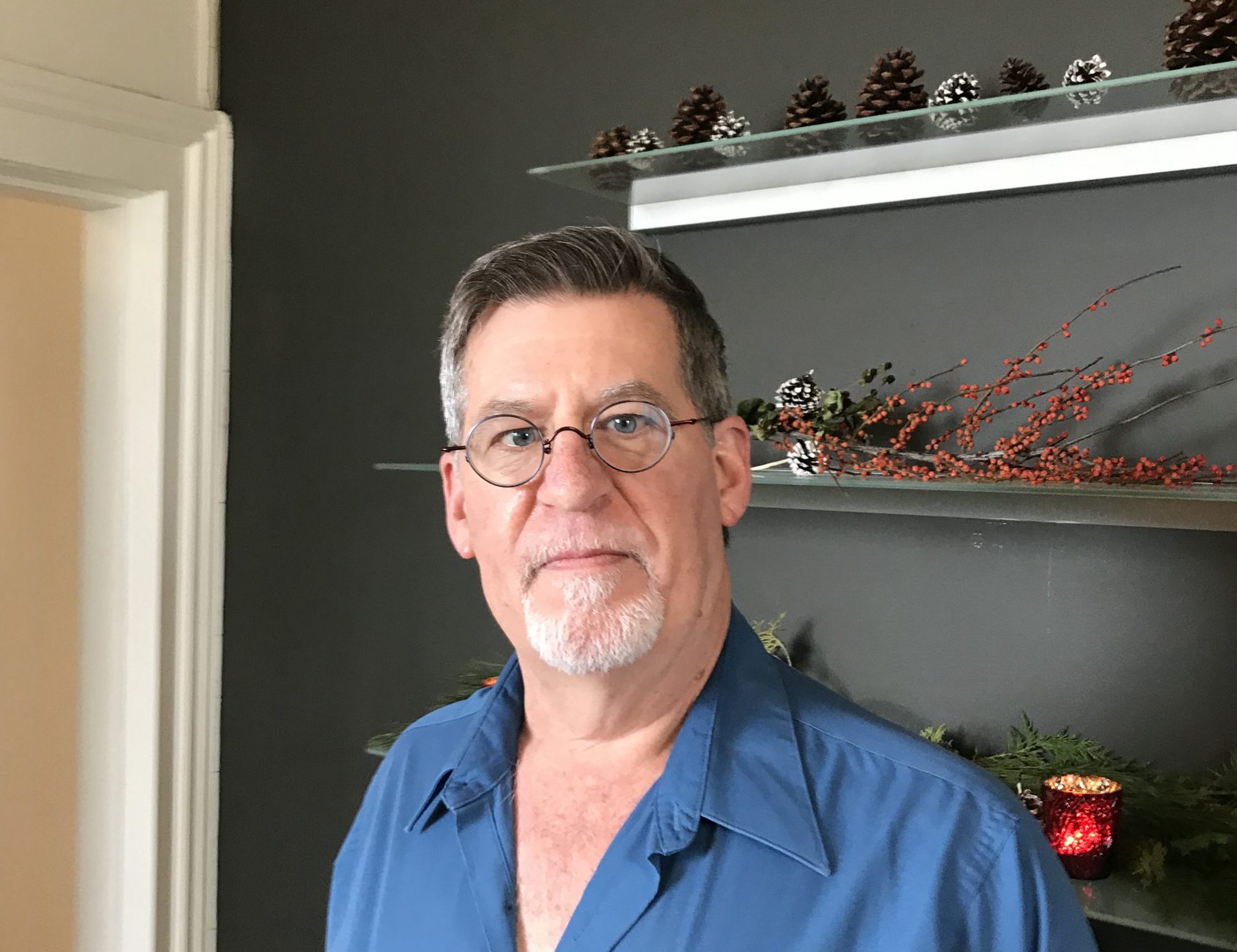Few individuals with a chronic illness have the opportunity to experience medical research advances from the “inside.” Sutter patient Tom Schaaf, 63, joined a clinical trial to help pave the way for new knowledge of how best to treat multiple sclerosis, also called MS. He also sat on a review board to help oversee the safe and ethical conduct of the research process overall.
A law professor at Golden Gate University and a resident of El Cerrito, Schaaf was diagnosed with MS in 2012 after experiencing balance problems for several years. MRIs and other tests revealed that he had a primary progressive form of the illness known as PPMS.
MS is a chronic, inflammatory, demyelinating and degenerative disease of the brain and spinal cord that affects approximately 900,000 people in the United States and 2.3 million worldwide.
“In 2012, there were no approved treatments for PPMS. So I looked to research and clinical trials as a means to potentially bring forth new knowledge and novel medications to help me and other individuals with this illness,” says Schaaf.
Already curious about the medical research process and invested in citizen science, Schaaf had joined Sutter’s Alta Bates Summit Medical Center’s Institutional Review Board in 2004. The Alta Bates Summit IRB is a group that includes community members and experts who have been formally designated to review and monitor biomedical research involving human subjects.
It was in an IRB committee meeting about an unrelated study that Schaaf learned of a new clinical trial being conducted through Alta Bate Summit’s Jordan Research and Education Institute for individuals with PPMS. Sponsored by Hoffmann-La Roche, the randomized, double-blind study was testing a drug called ocrelizumab compared with placebo, and whether the drug could be shown to be safe and effective in slowing MS disease progression.
Findings from the clinical trial – now closed to enrollment – led to U.S. FDA approval in 2017 of ocrelizumab (Ocrevus®) for the treatment of adult patients with relapsing or primary progressive forms of MS.
“Knowing that I was part of research leading to approval of the first product available to treat PPMS was deeply rewarding to me,” says Schaaf. Although his disability continued to progress while on the study treatment, MRIs showed no new lesions or other detectable disease activity in Schaaf’s brain.
Keen to explore the potential of other investigational therapies for MS, Schaaf recently joined a new clinical trial offered at Sutter’s East Bay Medical Foundation and the Jordan Research and Education Institute. The phase 3, randomized study called FENtrepid is testing a new, investigational drug (fenebrutinib, given by infusion) compared to intravenous ocrelizumab in adult patients with PPMS.
“Even though there are many drugs currently available that target the inflammatory mechanisms associated with MS relapses and worsening symptoms, to date only ocrelizumab is indicated for PPMS,” says Dr. Joanna Cooper, neurologist and medical director of research at Alta Bates Summit and principal investigator of FENtrepid at Sutter’s East Bay Medical Foundation and the Jordan Research and Education Institute. “As a result, the salient feature of disability progression in all forms of MS remains under addressed, and treatments that can stop or delay MS disease progression represent a serious unmet medical need. I am proud that Sutter participates in industry and investigator-initiated clinical trials of new MS drugs that may reach the marketplace. These studies bring new treatment options to patients outside standard-of-care.”
Fenebrutinib is an oral small molecule designed to slow MS progression by preventing certain immune cells from driving the inflammation that damages nerve cells in the brain and spinal cord.
As part of the clinical trial, Schaaf and other study participants will be followed regularly to ensure his safety and to assess his disease status.
Schaaf is hopeful that his participation in this new study will uncover new clues about optimal treatment for MS for him and other individuals with the illness.
“I’m happy to be able to ‘pay it forward’ in this way and bring new hope for a better quality of life for people who are courageously living with MS,” says Schaaf.
Curious to learn more? Discover Sutter research and clinical trials.





